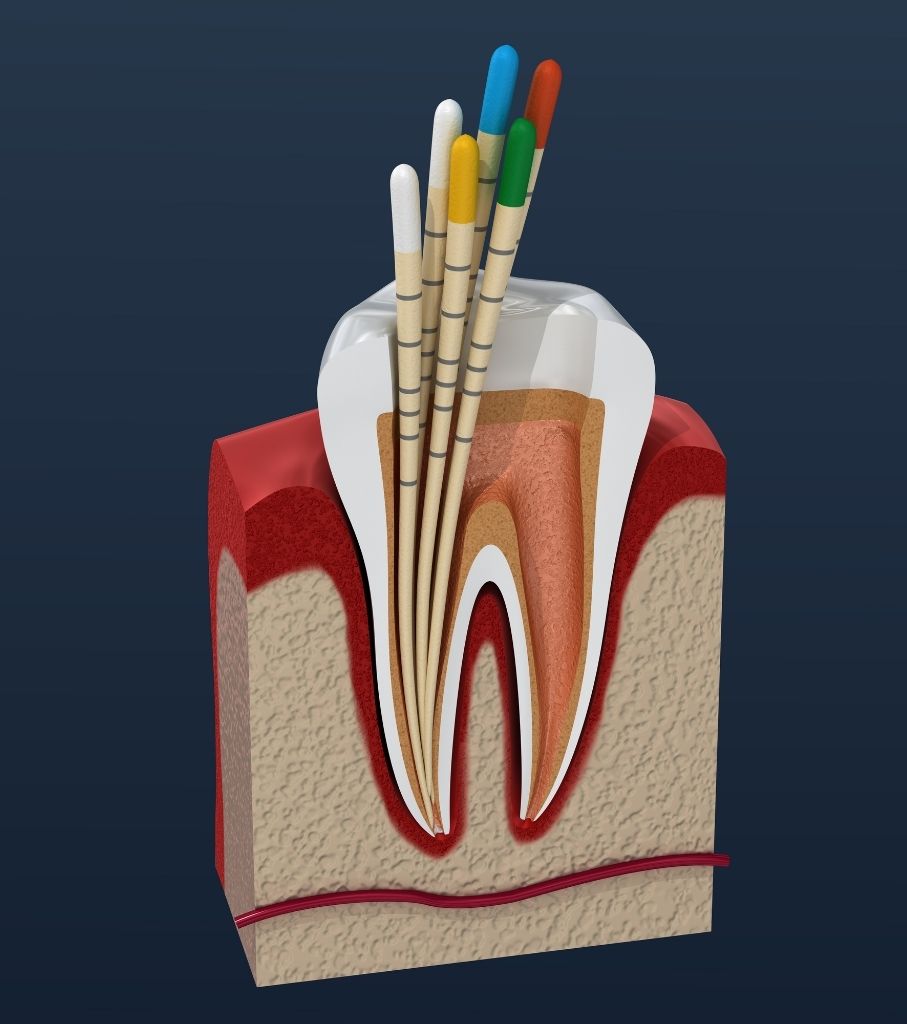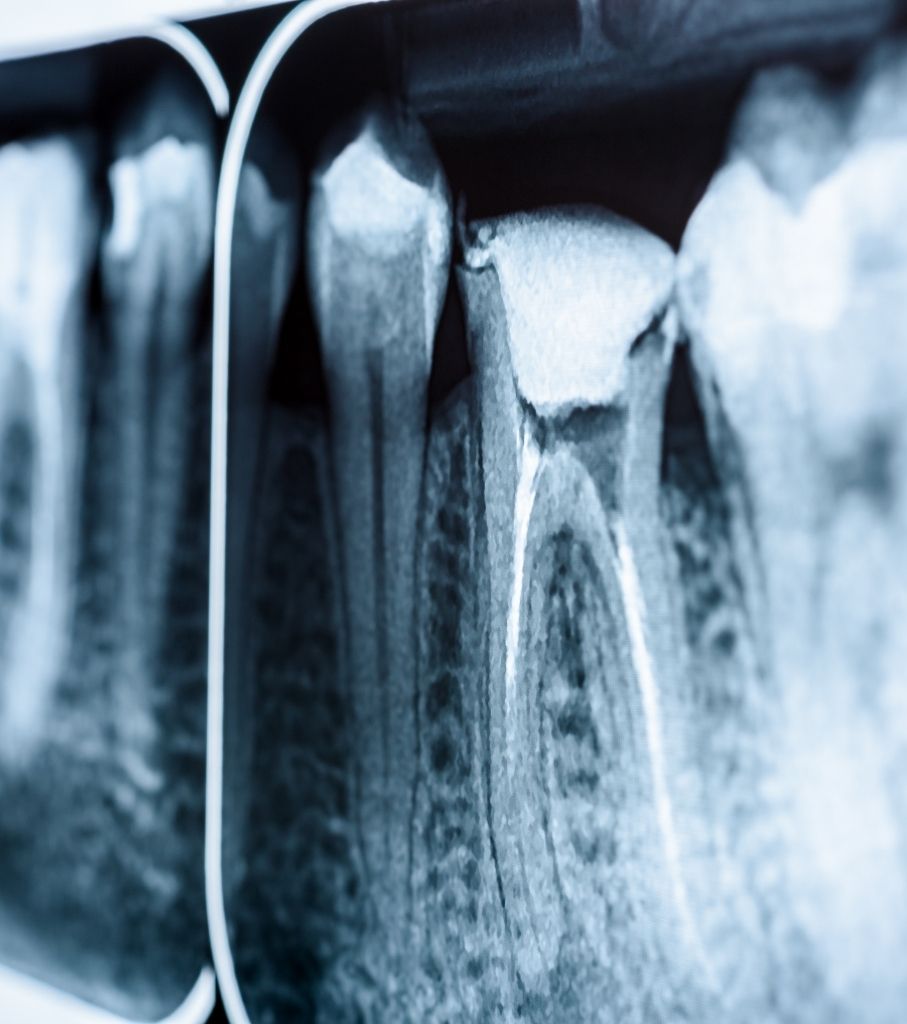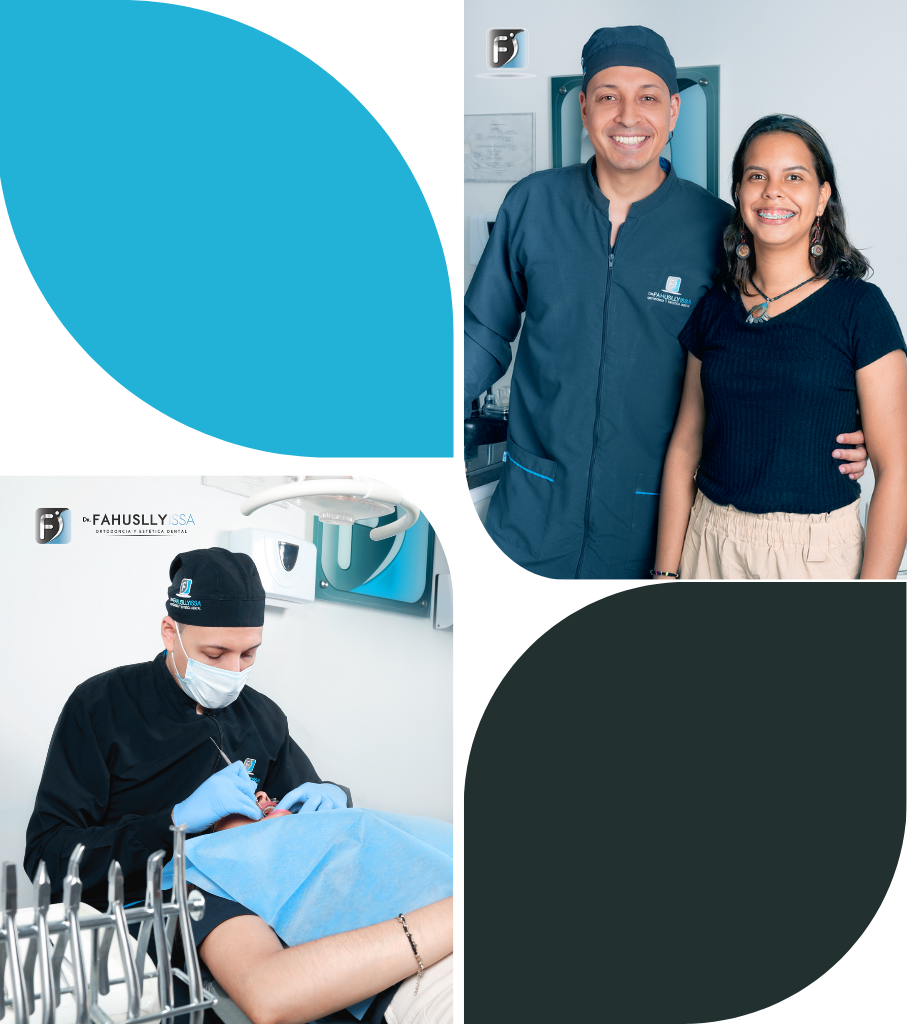Endodontics: Restoring Dental Health from the Inside Out
Endodontics: Restoring Dental Health from the Inside Out

Discover the Vitality of Endodontics
Endodontics is a dental treatment intended to save teeth affected by infections or injuries to the dental pulp, the internal tissue that contains nerves and blood vessels. Through endodontics, the aim is to relieve pain, preserve tooth structure and avoid extraction.
Who Needs Endodontics?

- People with Severe Dental Pain: Indicated for those with intense pain, persistent sensitivity, or swelling in the dental area.
- Dental Infections: When there is evidence of infection or abscesses in the internal tissues of the tooth.
- Traumatic Injuries: In cases of dental trauma that affects the pulp of the tooth.


If you need friendly, professional, high-quality dental care, look no further than our clinic.
About Endodontics
Endodontics is a specialized treatment that involves the removal of inflamed or infected dental pulp. It is recommended in cases of advanced cavities, dental infections or trauma that affects the dental pulp.
If you experience persistent dental pain, extreme sensitivity to heat or cold, swelling or redness of the gums, you may need a root canal. It is crucial to schedule an appointment for an accurate evaluation and diagnosis.
Endodontics allows the natural tooth to be preserved, preserving chewing function and aesthetics. Extractions can lead to additional problems, such as jaw bone loss.
No. Root canal treatment is performed under local anesthesia, so you should not feel pain during the procedure. After treatment, it is normal to experience mild discomfort, which can be managed with over-the-counter pain relievers.
The duration varies depending on the complexity of the case. In general, most root canal treatments can be completed in one or two visits. During the initial consultation, we will provide you with an estimate of the time required.
After a root canal, rigorous dental care is recommended, including regular brushing, flossing, and regular visits to the dentist. Also, avoid chewing hard foods on the treated tooth.
Postponing treatment can result in serious complications, such as spread of the infection to other areas of the body, loss of the affected tooth, and damage to surrounding bone. It is crucial to address the infection early.
Yes, we understand dental anxiety and offer options to alleviate the fear of pain. Local anesthesia ensures a pain-free procedure, and we can also discuss other options for added comfort.

Discover how endodontics can preserve your smile and relieve dental pain.